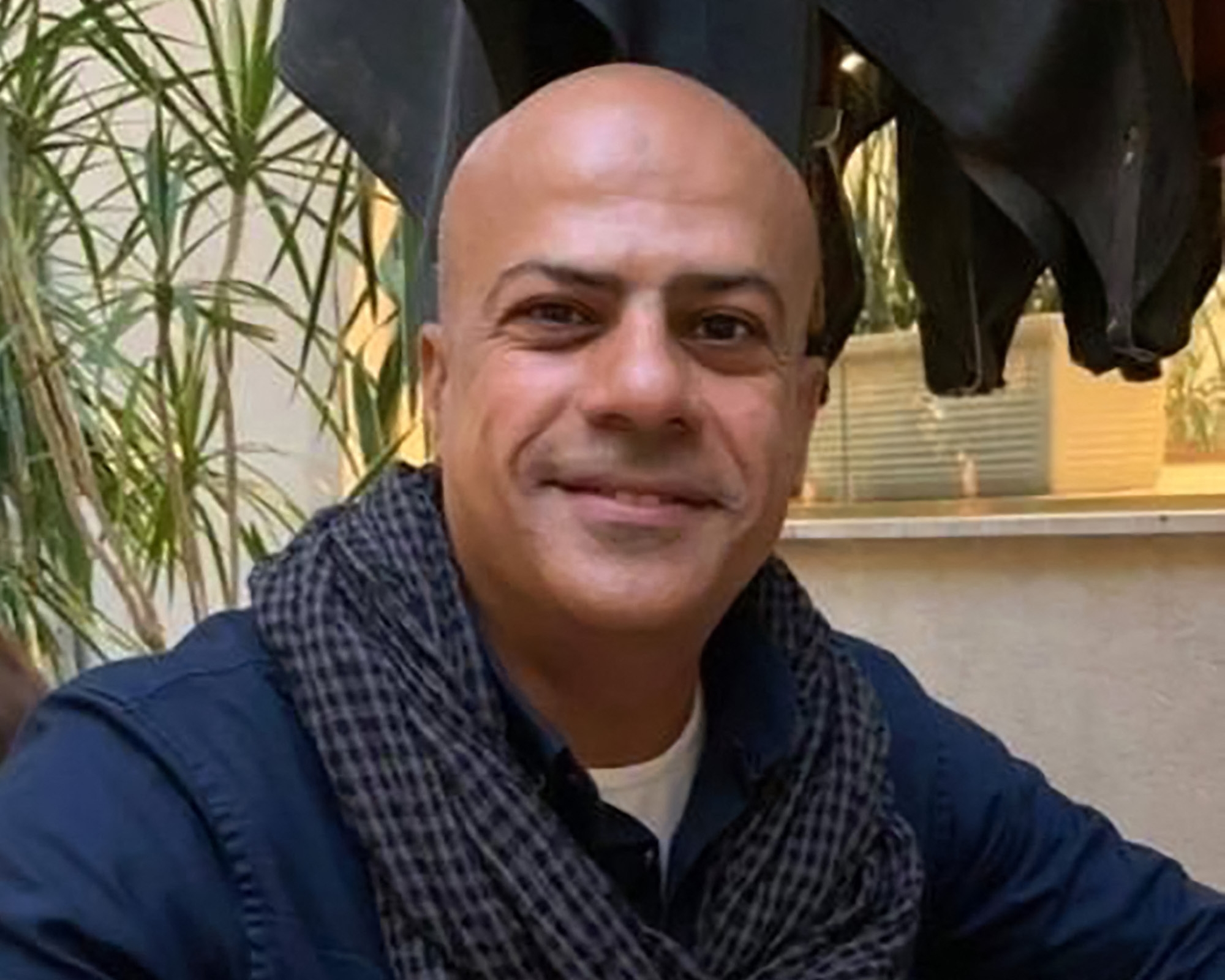Probe into Egyptian economist's death was severely flawed, rights groups say

Egyptian authorities have been accused by two leading human rights groups of failing to conduct an "independent, effective, and transparent investigation" into the death of an economic researcher in custody.
In a joint statement on Thursday, Human Rights Watch and Amnesty International accused Egyptian prosecutors of ignoring "mounting evidence" that 48-year-old Ayman Hadhoud was tortured, and was denied access to timely healthcare.
"The severely flawed investigation into the causes and circumstances of Ayman Hadhoud's death in custody is another stark reminder of the impunity crisis in Egypt," said Philip Luther, Middle East and North Africa research and advocacy director at Amnesty International.

Hadhoud, a senior economic adviser to Egypt's liberal Reform and Development Party, was arrested on 5 February on charges of alleged theft, and went missing. Then, on 9 April, his family was asked to collect his dead body from the Abbasiya Mental Health Hospital in Cairo.
The Egyptian Prosecutor's Office repeatedly denied playing a role in his death, emphasising "his body was examined and found to be free of injuries" and that he died as a result of a "drop in blood pressure".
The office added that he suffered from "mental disorders, dizziness, imbalance and high temperature", was suspected to have contracted Covid-19, and "died during his transfer to a hospital for treatment".
Several Egyptian and international rights groups, however, described the death as "suspicious" and accused Cairo of "hiding the truth".
His suspicious death had raised alarm among local and international rights groups, especially after his family alleged that his body had facial bruises and a cracked skull.
'Systematic negligence'
Last month, an Egyptian court rejected an appeal filed by Hadhoud's family to reinvestigate the evidence and the circumstances of his death. The court upheld the prosecutors' decision to close the case and to rule out any criminal suspicion.
Earlier, prosecutors had refused demands to allow independent observers to attend the autopsy of Hadhoud's body, and ultimately concluded that he had died of chronic heart disease, leading to a cardiac and respiratory arrest.
"Prosecutors have systematically neglected to investigate allegations of enforced disappearance and torture, and have admitted confessions extracted under torture as evidence in trials," read the statement.
Both advocacy groups cited what they claimed to be leaked documents from the hospital showing that Hadhoud's health was deteriorating while in custody and that authorities failed to transfer him promptly to a better-equipped medical facility, despite "imminent danger to his life".
Hadhoud's case is not the first time detainees have died under mysterious circumstances in Egypt.
In 2016, Giulio Regeni, an Italian doctoral student, was found dead on the side of a Cairo road. Signs of torture on his body raised suspicions of police involvement. Italy accused police officers of killing him, a charge that Egypt denied.
Middle East Eye delivers independent and unrivalled coverage and analysis of the Middle East, North Africa and beyond. To learn more about republishing this content and the associated fees, please fill out this form. More about MEE can be found here.




